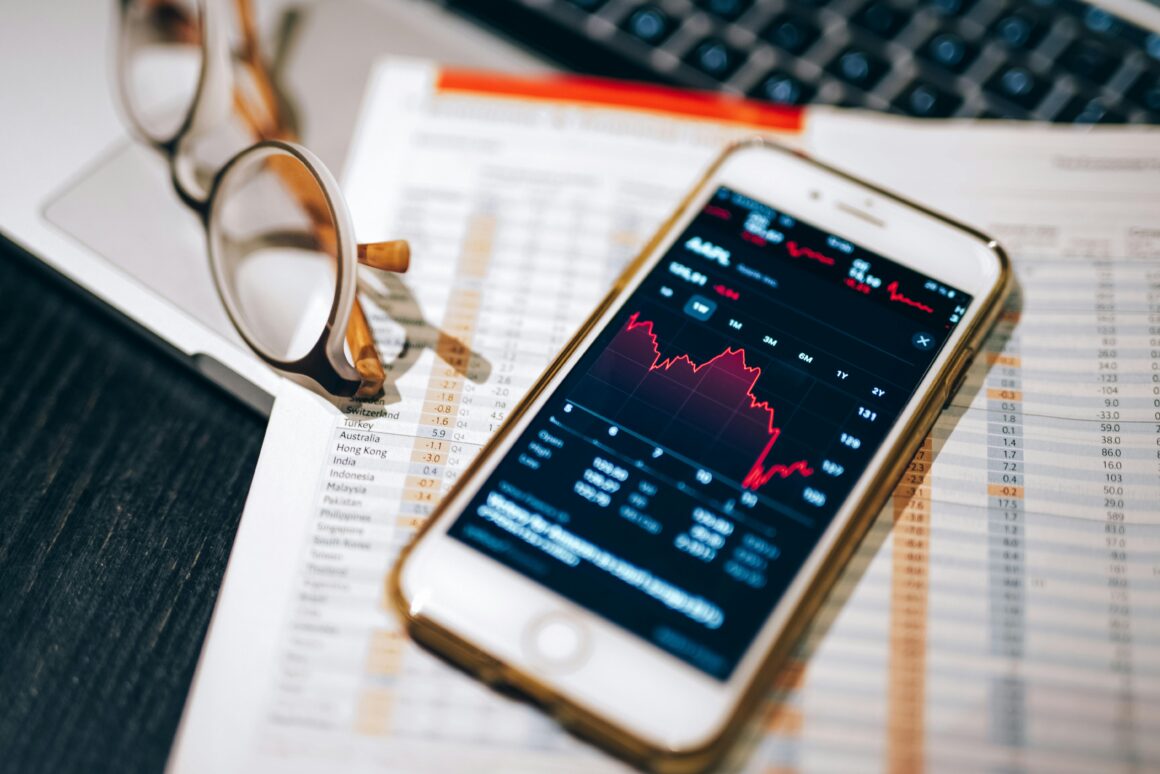
The term volatile can be applied to anything which has a tendency to change quickly. This often happens unpredictably. Thus, demographcis can have volatile tastes and preferences, or the weather could be described as volatile.
In the world of finance, it is essential to understand that volatile investments can often bring the quickest gains, but they also come with the highest risks.
A Definition of Volatility in Finances
When it comes to volatility in a financial setting, the term is applied to the movements of a security or investment over time. Those that move up and down rapidly are described as volatile. Those that hold steady are not.
Generally, a security like gold is seen as less volatile. It tends to hold its price and is seen as a hedge against inflation. On the flip side, new digital currencies are seen as one of the most volatile investments. This is because they are not tied to an industry or economy, making their value go up and down sporadically.
The basic concept of volatility is crucial to any number of different sectors and fields aside from finance, however. It is, for instance, quite a well-used metric in the world of iGaming, which includes the provision of online table games and slots. Here, understanding volatility is crucial when it comes to how to win slot online titles, as it measures how much a game is expected to pay out to players over time. Low-volatility games are typically seen as being more steady, paying out more regularly. High-volatility games, in turn, pay out less frequently. This is not a measure of how much they pay out, though. That is a different metric, known as the return-to-player.
If you can understand what volatility typically refers to across industries, it shouldn’t be too intimidating to grasp in a financial sense. Whether in a casino setting or on Wall Street, the basic principle is similar. Low volatility means stability; high volatility means instability.
Types of Volatility
There are two methods used to calculate the volatility of a stock or share. These are historical and implied.
The historical method looks at changes that have happened in the past. Using these previous trends, it tries to predict movements that could happen again. As it looks mainly at the past, however, it misses a lot of key current information, and so is not generally used as much.
Implied volatility is the preferred method for most. It is important for traders as it predicts how volatile something will be going forward. It does this by taking the current price of an option and forecasting, though it does not indicate in any absolute sense how the market will move.

Why is Volatility Important?
The value of volatility depends on how you trade, and your own parameters of personal risk and reward. For many long-term investors, volatility may not even be an issue. They are in it for the long term, and usually, this means many stocks turn a profit.
For short-term traders, this can be both a thrill and a very distressing time. As prices go up and down quickly, it can seemingly provide the perfect ground to make quick profits, but losses can come just as fast. Some people like to wait until they drop and buy the dips, selling when prices rise.
Once you know about volatility, you can decide to embrace it or try to avoid it. This can be done by going for less risky assets. By doing this and spreading your interests to hedge against it, you should soon have a robust portfolio.







